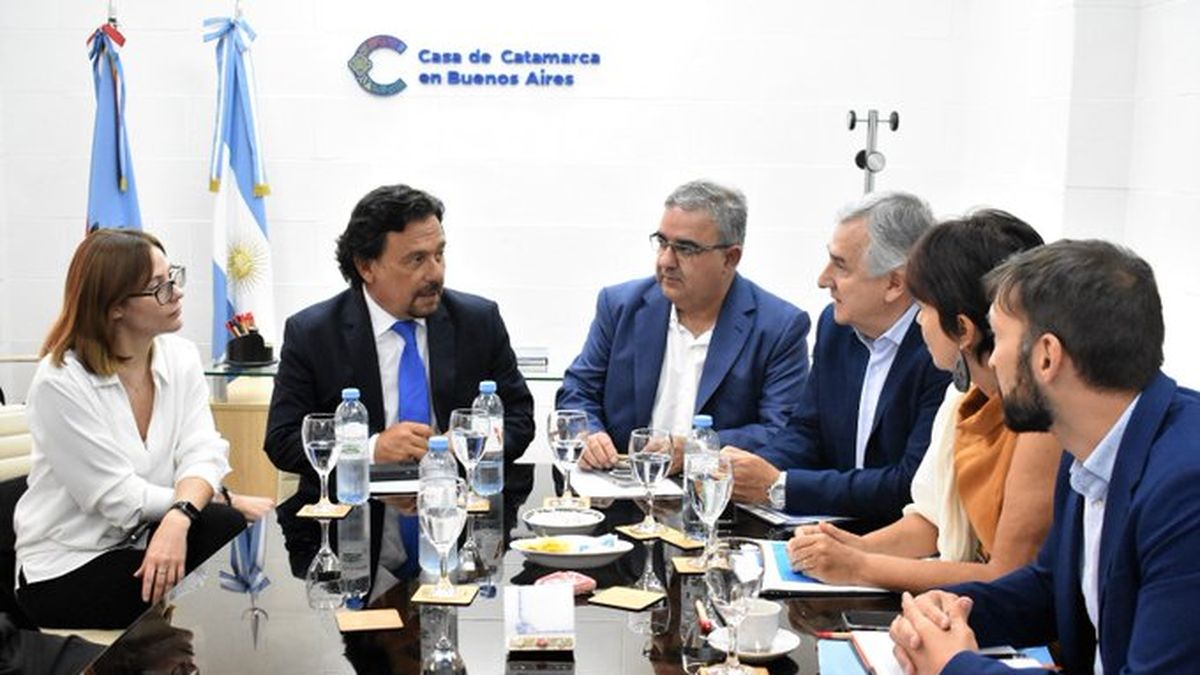With respect to establishing quotas so that it is not fully exported, as is currently the case, the statement states: “During the meeting, the Board, chaired by the governor of Jujuy, Gerardo Moralesit was agreed on the need to implement mechanisms so that lithium-producing companies assign a percentage of said production for industrialization and value addition in Argentinaparticularly in the provinces that produce the resource, facing the challenge of electromobility and the need for renewable energy storage”.
As this newspaper was able to find out, the official objective is for the mineral to be industrialized in Argentina and, for that, they consider that it does not have to be exported in its entirety as lithium carbonate or hydroxide to other countries that then advance in the assembly of cells and batteries. Therefore, the project they are working on could mean set a production volume quota so that they are available for industrialization projects. The quota could be progressive and start at 5% and, in addition, it could include a “differential price”that is, with quantities and prices lower than the export values.
In order for companies to be interested in advancing locally in industrialization, the Government is working on a new electromobility law Give incentives to companies. An official source assured that what is being proposed is similar to the “Chilean model”, with the difference that the Argentine network is much broader than the Chilean one, as it has several automotive terminals. Unlike the Chilean and Bolivian model, the idea of nationalizing lithium or declaring it a strategic resource is ruled out. In a meeting in January with Adefa and Smata, the Government conveyed to the automotive sector its interest in moving forward with electric vehicles.
mobile royalties
Another of the issues raised in the Lithium Roundtable statement has to do with taxes: “The Lithium Roundtable expressed its concern that the provinces are not participating in the extraordinary profits obtained by companiesbased on the considerable growth of the international price, for which the measures to be adopted are being evaluated”.
On this point, one of the measures that were under analysis has already been implemented, which was the elimination of export refunds, a stimulus for companies that was transformed into a fund for the provinces. The refunds were established on a mineral that in the lithium carbonate format was sold at the beginning of 2021 at USD 4,000 per ton, while today it is traded in more than $71,000according to Trading Economics, which explains why lithium exports tripled.
Another of the issues on the table is the future of the royalties collected by the provinces: there could be a tendency towards a “mobile royalties”, depending on the international price or the level of mineral processing in the country. According to the statement, at the meeting Morales stated: “We have raised our concern, since there is an exorbitant increase in lithium prices at the international level, that this is not compatible with the income that the litiferous provinces are receiving, an issue on which we are going to talk to the companies of Jujuy, Salta and Catamarca”.
Source: Ambito




